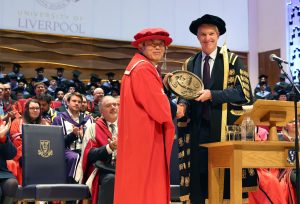18 Apr 2017
It was reported in online magazine The Atlantic that China is becoming the world leader in research into artificial intelligence (AI). Furthermore, global developments in AI technology are contributing to the merging of the ‘real world’ and the digital world in a Fourth Industrial Revolution.
Several research projects by scientists at Xi’an Jiaotong-Liverpool University are contributing to China’s AI boom, and the University is training the next generation of AI experts who will help to navigate this brave new world.
INTELLIGENT SCENE UNDERSTANDING
Dr Kaizhu Huang, Associate Professor in the Department of Electrical and Electronic Engineering, has developed a research project into Intelligent Scene Understanding (ISU), a technology that allows computer systems to recognise objects.
Kaizhu (pictured below), who spoke about his research at the Data Intelligence and Algorithm Economic Forum at XJTLU, explained how the project is dependent on ‘deep learning’:
“Deep learning is one aspect of machine learning algorithms,” explained Kaizhu. “These algorithms allow performance that is even higher than human beings in many learning and vision scenarios.”
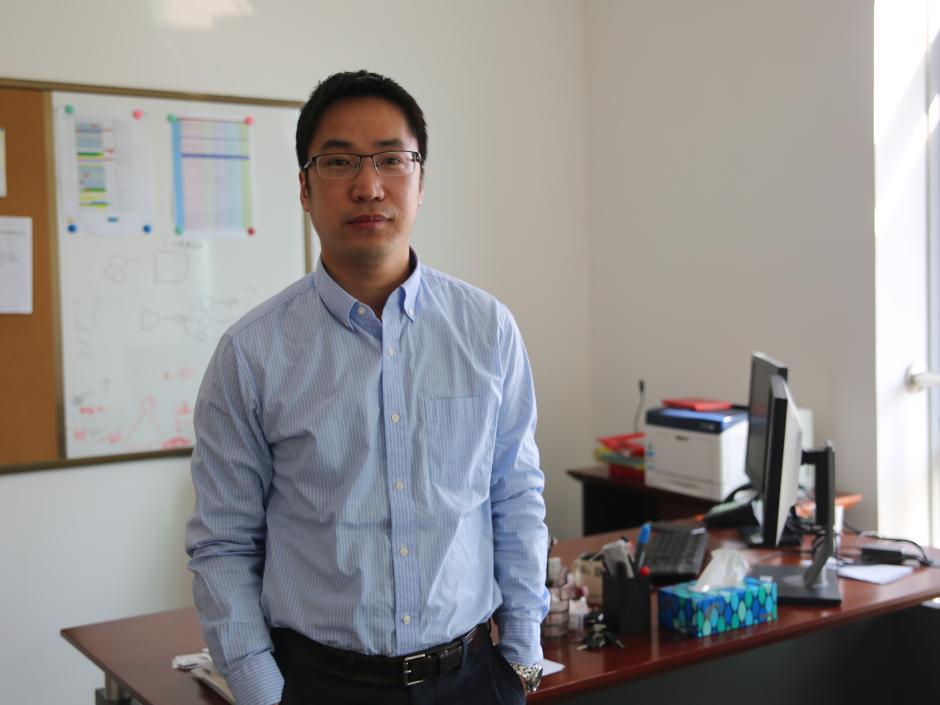
Computers can already outperform people in recognising written language and symbols, and even in recognising human faces. Computer processors can also handle far greater amounts of data than the human mind is able to, analysing data from hundreds of sensors or cameras simultaneously.
Kaizhu’s ISU project utilises multiple sensors to detect various subjects (humans, vehicles, and objects) within real-world scenes. Pattern recognition and state-of-the art deep learning models are employed to create a system able to recognise, analyse, and understand objects more accurately and efficiently.
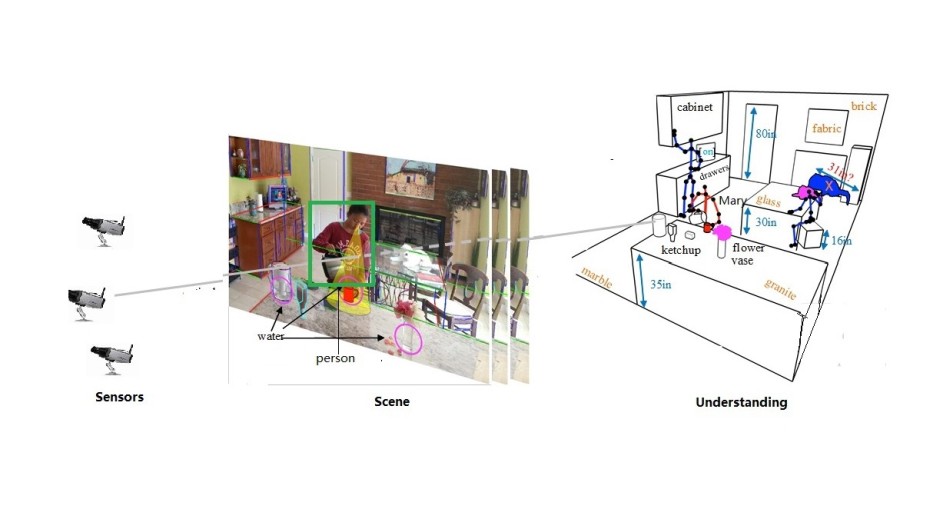
Typical applications of ISU include supermarkets such as Amazon-Go that have no need for employees, queues, or checkouts, and ‘intelligent suspect-hunting systems’, where public video cameras might be used to automatically identify suspected criminals or their vehicles.
Kaizhu’s project may lead to many significant applications in public security, tourism services, smart-city construction, and manufacturing. One such application could be to create an automated photographic service at tourist sites, as Kaizhu explained:
“The key technology here is object recognition – the system recognises individual tourists as they enter a site, and cameras take photos of them as they go around,” he said.
“At the end of the visit tourists can be presented with multiple photos to take away as souvenirs. This eliminates the need for people to take their own photos and will improve efficiency and mobility, especially at crowded tourist sites,” said Kaizhu.
Kaizhu is setting up a demonstration version of this system at XJTLU, and hopes to perform a real-world trial in one of Suzhou’s famous gardens.
ETHICAL AND SOCIETAL IMPLICATIONS
Dr Holger Briel, Associate Professor in the School of Film and TV Arts at XJTLU, commented on the ethical and societal implications of Kaizhu’s project, and of developments in AI in general.
“Scene recognition technology is appealing from a consumer’s perspective,” said Holger (pictured below), “As there are certain things you don’t have to do anymore – for example with Amazon Go supermarkets, you don’t have to queue up at a checkout and get your wallet out, you can simply take what you need and walk out.”
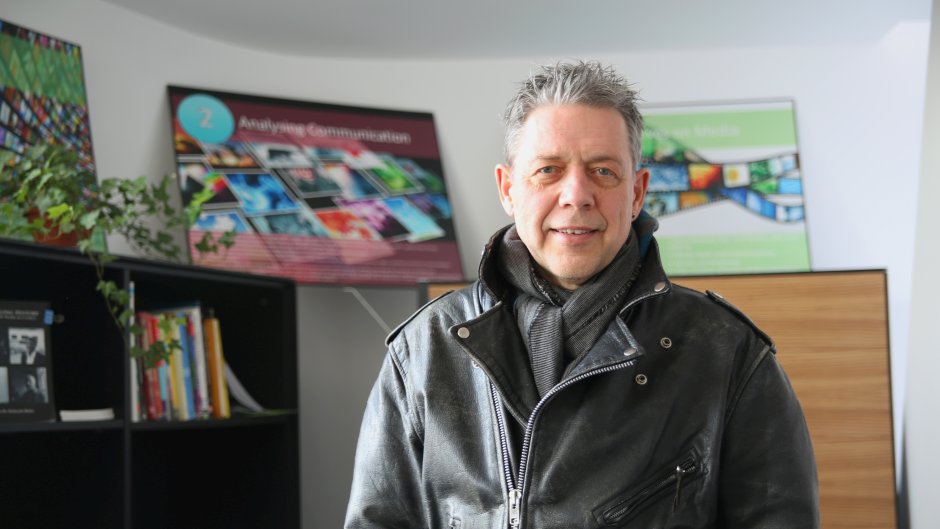
“A tourist monitoring system would also be very useful for those running tourist sites, as it could gather data on tourists’ movements – how long they stay in each part of the site, and that information could then be used to make improvements to the site,” he said.
However, along with this convenience comes the issue of individuals being introduced into a system that monitors them, and of technology encroaching on privacy and personal freedoms.
“Such a system would also function as a surveillance system, reducing the need for security guards. If a tourist did something inappropriate or illegal, it could be detected instantly. On the other hand, you could argue that this impinges on the tourist’s freedom.”
Holger argues that technology in general is ‘double-faced’ in nature, and that it can always have positive and negative effects. One such possible negative effect is that AI will make many jobs obsolete:
“I’m not sure how precise these projections are or can be, but it is certainly the case that a lot of processes will become automated,” said Holger.
“Previously, automation was only affecting blue collar jobs. Now, white collar jobs are being replaced by automation. Teaching itself is also under threat by automation [as was discussed in the opening debates at the Annual Learning and Teaching Colloquium at XJTLU],” he said.
Kaizhu, too, is very conscious of the implications of his research, but remains optimistic:
“Although I’m involved in AI research I’m also concerned about how the latest technologies could be applied,” admitted Kaizhu. “However, I think overall the benefits for society will far outweigh any drawbacks.”
Holger stated that he too is optimistic for the future, but also stated that, “Academics must look at these issues and collaborate to help devise solutions.”
AI EDUCATION AT XJTLU
Cheng Lyu, alumnus of XJTLU, whose start-up Raven Technology created a popular AI-based music application, was recently appointed to an important role at technology company Baidu.
Cheng’s appointment exemplifies how XJTLU is helping to train the next generation of AI experts through its academic programmes in the departments of Computer Science and Software Engineering, and Electrical and Electronic Engineering.
Academic collaboration is encouraged at the University, with events that bring different academic departments together such as the Annual Learning and Teaching Colloquium, and even in the design of the University’s new South Campus that was planned by international architects BDP to better facilitate inter-departmental collaboration.
The XJTLU FabLab, ‘a place where anybody can make virtually anything’, gives students a space to try out their digital fabrication ideas, and organises guests talks by AI experts to inspire the next generation of digital entrepreneurs.
Additionally, there are many internship and work placement opportunities for XJTLU students at tech companies in Suzhou Industrial Park, China’s Silicon Valley.
18 Apr 2017
RELATED NEWS
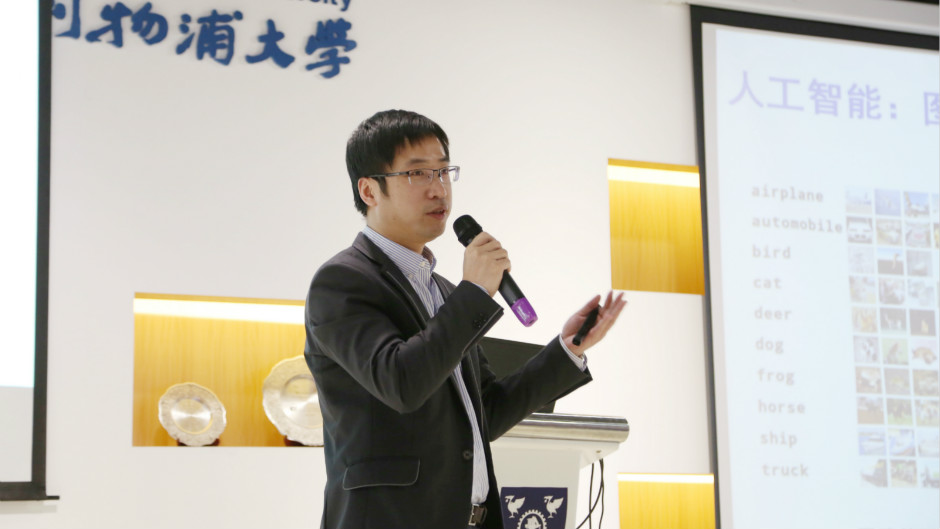
Experts discuss data science and artificial intelligence
The Data Intelligence and Algorithm Economic Forum, jointly organised by Xi'an Jiaotong-Liverpool University and the Suzhou Large Data Industry Alliance has ...
Learn more
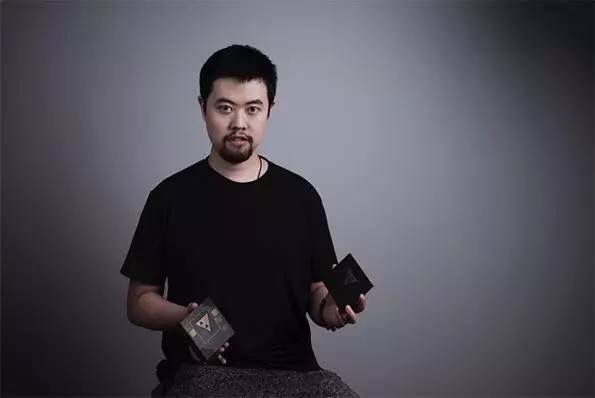
XJTLU graduate lands top role at Baidu
Search engine giant Baidu has announced that Cheng Lyu, a Xi'an Jiaotong-Liverpool University graduate, will become the general manager responsible for its s...
Learn more
